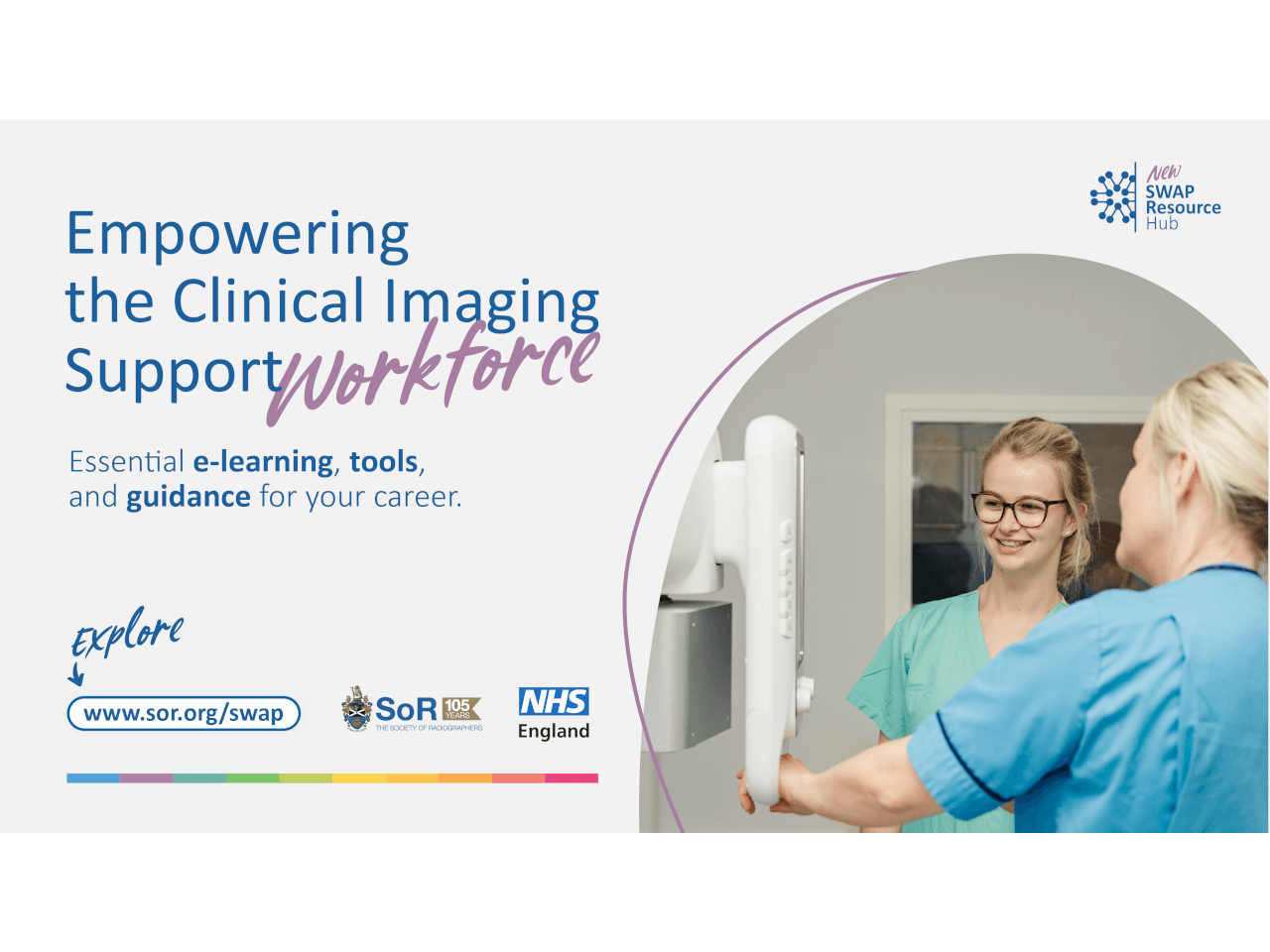Fujifilm Healthcare UK sets out the challenges and benefits of meeting ESG responsibilities

Over the last few years sustainability has become a challenge every company faces and, as the expectations of customers, employees, wider industry, government and society grow, company actions become more visible.
Fujifilm Healthcare UK’s assurance and sustainability manager Sharon Alexander explained how the company is tackling these issues: “When I joined Fujifilm Healthcare UK in 2014, my world consisted of the traditional quality and regulatory functions. The evolution in compliance that has taken place in the intervening years has been astonishing and, at times, breakneck.
“We recognised early on the need to act, but what at first seemed a simple exercise of implementing ISO 14001, quickly grew into a mammoth undertaking once the extent of ‘sustainability’ started to become evident. In the wider context of ESG [environmental, social and governance], we not only have to reduce our environmental impact on the world, but we have to be socially responsible while complying with our governance obligations.
“One thing that that we are passionate about at Fujifilm Healthcare UK is locality. We are a small part of a global corporation that has an ambitious corporate social responsibility plan under Fujifilm Holdings’ Sustainable Value Plan 2030. The challenge is how this translates to us day-to-day. It is important to us that our actions, while compliant with our overarching global objectives and measures for improvement, are relevant and meaningful to our customers and colleagues in the UK.”

Within its global framework, Fujifilm Healthcare UK is often directed first by wider Fujifilm Corporation and Fujifilm Europe ESG activities and initiatives while, at a local level, it is increasingly involved in collaborative efforts aiming to meet, and exceed, expectations in the UK. Its new headquarters, opened in 2022 and shared with Fujifilm UK, is BREEAM Excellent certified and is much more efficient than the old site. The service team has ambitious targets for First Time Fix and Remote Fix, with the aim of reducing the number of revisits to site to reduce CO2 emissions.
Fujifilm Healthcare UK, and Fujifilm globally, is focused on fulfilling its social responsibilities and applying its products, services and abilities to contribute positively to society. “This is an area in which we believe we can make a real difference locally,” Alexander continued. “Like others operating in our industry, this area has been especially challenging given the NHS social values requirements. I am now a certified social values practitioner, and my aim is to help the business measure and understand the consequences of our actions.”
Looking after staff members is considered fundamental to the success of the business. With the support of sister company Fujifilm UK, Fujifilm Healthcare UK has implemented initiatives such as trained mental health first aiders and a menopause policy driven by its employee-led diversity and inclusion group Fujifilm Action. “It has been a joy to see our teams talking openly about often taboo subjects such as mental health and the menopause,” Alexander added.
“The last piece of the ESG puzzle is G for governance, but as with the E and the S, this is a challenging piece of work on its own. Firstly, supply chain compliance and particularly modern slavery considerations are crucial, but it is also difficult to measure achievement. How do you assess compliance at the fourth or fifth tier of the supply chain? We are currently working on projects to assess how we can be as thorough as possible in our due diligence. At a European level we have a new Supplier Code of Conduct as a starting point.”
The NHS net zero requirements have introduced probably two of the biggest challenges, Alexander points out. From April 2027, all suppliers to the NHS will need to include global emissions in their Carbon Reduction Plan and, from April 2028, suppliers will need to provide carbon footprints for each of their products. “The latter requirement is already proving challenging as we have yet to have guidance on exactly what will be required,” she said.
“Of course, we can do great things in the realm of ESG and sustainability, but we must be careful to be transparent and honest about our activities. It is tempting to use terms like ‘eco-friendly’ and ‘green’, but these can be misleading, and the regulatory landscape is, unsurprisingly, becoming stricter.”
Read this report on page 14 of the August 2025 issue of RAD Magazine.



